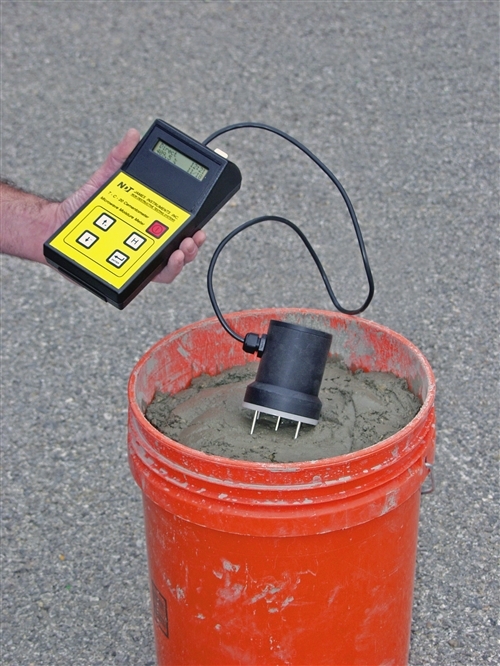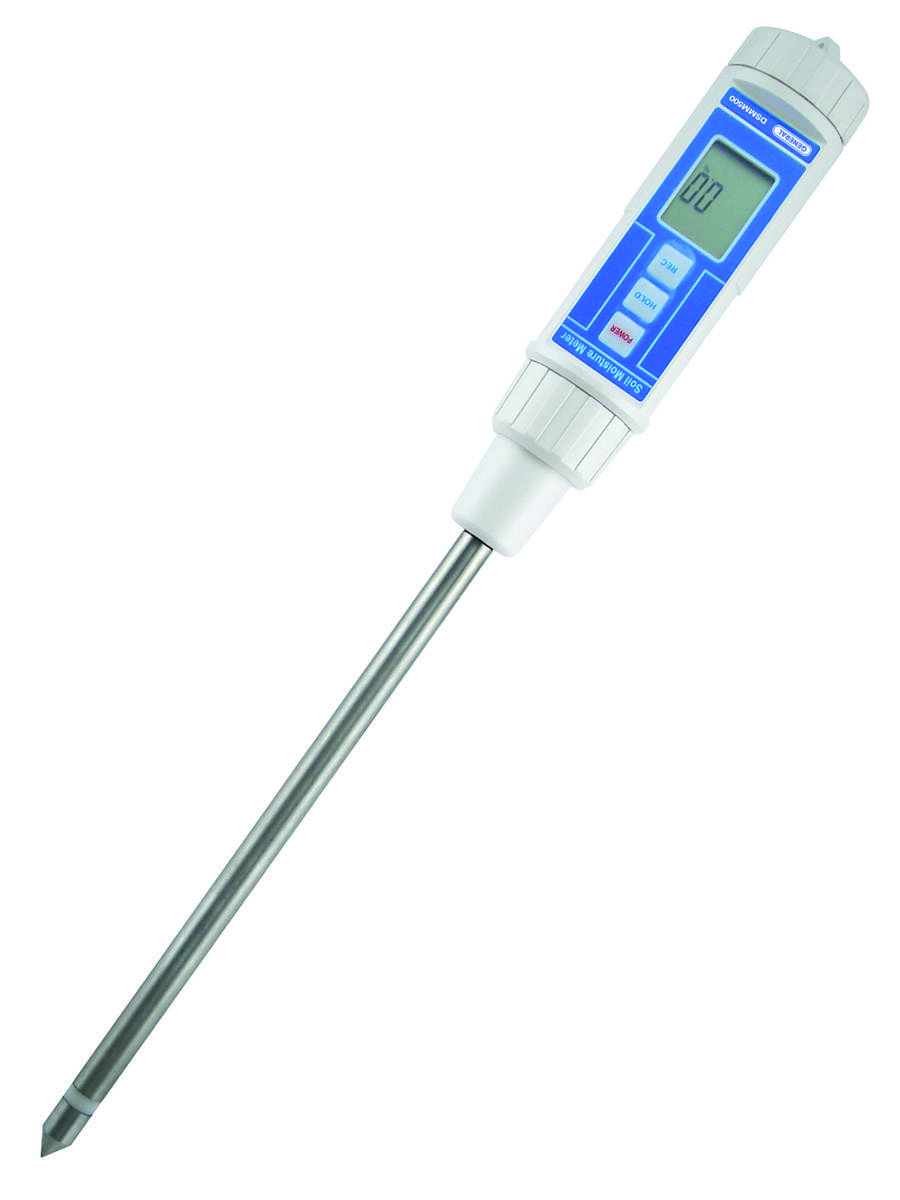Moisture Meter Purchasing Guide: What to Search for in High-Quality Instruments
Moisture Meter Purchasing Guide: What to Search for in High-Quality Instruments
Blog Article
The Ultimate Guide to Moisture Meters: A Comprehensive Summary and Exactly How They Can Conserve You Money
In the world of building maintenance, building, and numerous sectors, the significance of precisely determining wetness degrees can not be overemphasized. Moisture meters function as crucial tools in finding and keeping an eye on moisture web content in materials, aiding in preventing costly problems and guaranteeing the top quality of items. Recognizing the subtleties of different kinds of wetness meters, their applications, and the possible cost-saving benefits they supply can be a game-changer for professionals and businesses alike. Finding exactly how these devices can not just improve processes but likewise contribute to economic savings is a journey worth starting.
Kinds Of Moisture Meters
Numerous kinds of dampness meters are offered for various applications in numerous industries. One typical kind is the pin-type wetness meter, which gauges the electrical resistance in between two pins inserted into a product. This type appropriates for timber, drywall, and other structure materials. Pinless wetness meters, on the various other hand, use electromagnetic sensor plates to scan a bigger location without causing damages to the product's surface. These meters are perfect for promptly examining moisture levels in large locations such as floorings and wall surfaces.
In addition, there are also specialty moisture meters designed for specific products like soil, grain, or hay. These meters give precise wetness analyses tailored to the distinct residential or commercial properties of the material being examined. Infrared dampness meters gauge the thermal buildings of a product to determine its dampness material non-invasively, making them beneficial for applications where pin or pinless meters may not be ideal. Understanding the different kinds of dampness meters available can aid markets choose the most proper device for their certain moisture measurement needs.

Benefits of Using Moisture Meters

Moreover, utilizing moisture meters can lead to increased power performance. In farming settings, moisture meters play a critical duty in maximizing crop yields by making you could try here it possible for farmers to check soil moisture degrees and make educated irrigation choices.
Just How to Select the Right Moisture Meter
Selecting the appropriate moisture meter involves thinking about essential elements such as material compatibility, measurement range, and calibration precision. When selecting a wetness meter, it's necessary to ensure that the meter appropriates for the certain material you will certainly be testing. Various materials have differing electrical homes that can affect wetness readings, so choosing a meter designed for your material is crucial for accurate results. Additionally, think about the measurement series of the moisture meter. Make sure that the meter can detect wetness degrees within the variety needed for your applications. Calibration accuracy is one more essential element to remember (Moisture Meter). Opt for a wetness meter with reputable calibration to make certain accurate and constant analyses. Some meters might require regular calibration changes, so understanding the calibration process is very important. By carefully examining these variables, you can choose a wetness meter that fulfills your needs and offers precise dampness dimensions for your projects.
Appropriate Strategies for Moisture Meter Usage
To make sure accurate dampness readings and take full advantage of the effectiveness of a dampness meter, employing correct methods is important. When making use of a pin-type wetness meter, insert the pins or probes right into the material being examined up until they make full get in touch with. By following these appropriate techniques, individuals can rely on their wetness meter to give credible moisture levels, assisting in stopping pricey damage or making sure quality in different applications.

Price Financial Savings Through Moisture Meter Applications
Just how can the critical utilization of moisture meters lead to considerable cost savings throughout different sectors? In the farming sector, dampness meters help in establishing the optimal time for harvesting crops, preventing over-drying or excess wetness that can impact the final product's quality.

Moreover, in the food processing sector, moisture meters are important for keeping track of product quality and ensuring compliance with safety and security laws. By properly gauging wetness material in foodstuff, manufacturers can prevent spoilage, keep quality, and minimize waste, resulting in significant price financial savings. In general, the tactical application of moisture meters is a beneficial financial Your Domain Name investment that can result in substantial cost decreases and enhanced efficiency throughout different industries.
Verdict
In verdict, moisture meters are useful devices for measuring and finding moisture levels in different products. By utilizing the ideal dampness meter and complying with correct techniques, individuals can properly avoid pricey problems caused by excess wetness.
Wetness meters offer as essential tools in finding and keeping track of moisture material in products, assisting in protecting against costly damages and guaranteeing the high quality of products. Infrared wetness meters determine the thermal residential or commercial properties of a material to identify its wetness material non-invasively, making them beneficial for applications where pin or pinless meters might not be ideal.Dampness meters supply invaluable advantages in accurately assessing and keeping track of wetness levels in diverse products and settings. In farming setups, wetness meters play a vital function in enhancing crop returns by making it possible for farmers to check dirt dampness levels and make informed irrigation choices.In final thought, wetness meters are important tools for detecting and gauging dampness degrees in various products.
Report this page